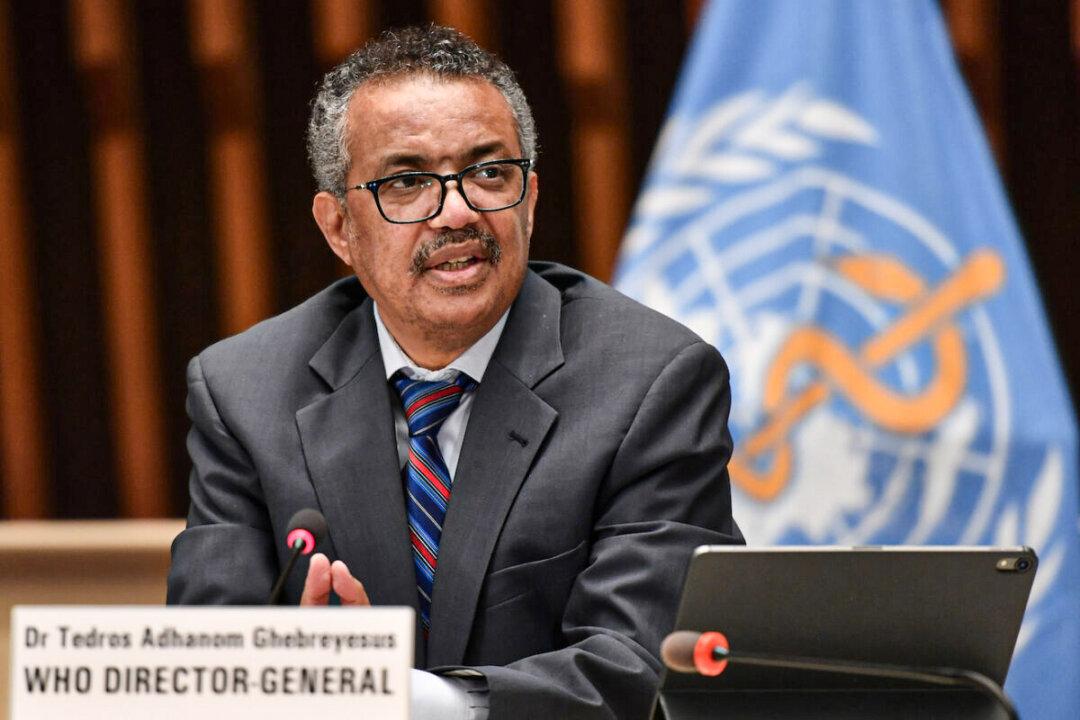World Health Organization (WHO) chief Tedros Adhanom Ghebreyesus has warned that holiday gatherings over Christmas could result in a surge of COVID-19, and urged people to cancel such events in light of the new Omicron variant.
Health experts in South Africa, where the new variant was first discovered, have said Omicron is not driving up hospitalizations or fatalities in the country to a significant degree.




